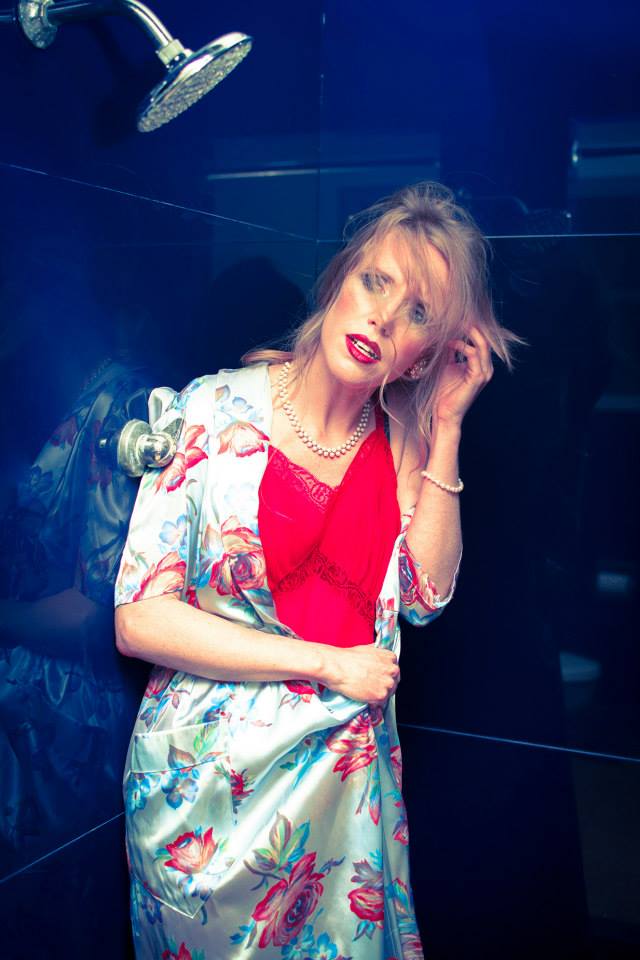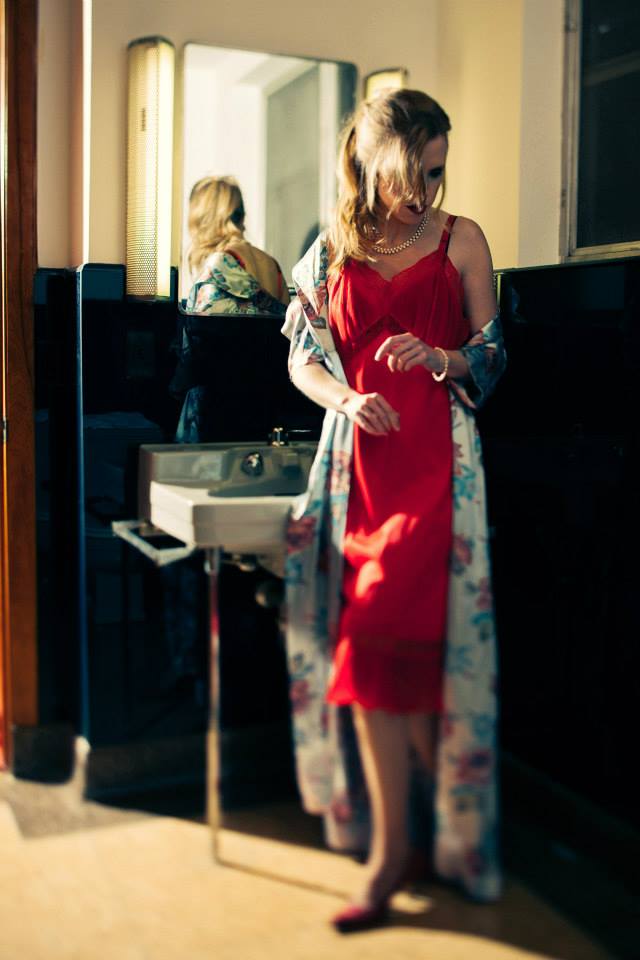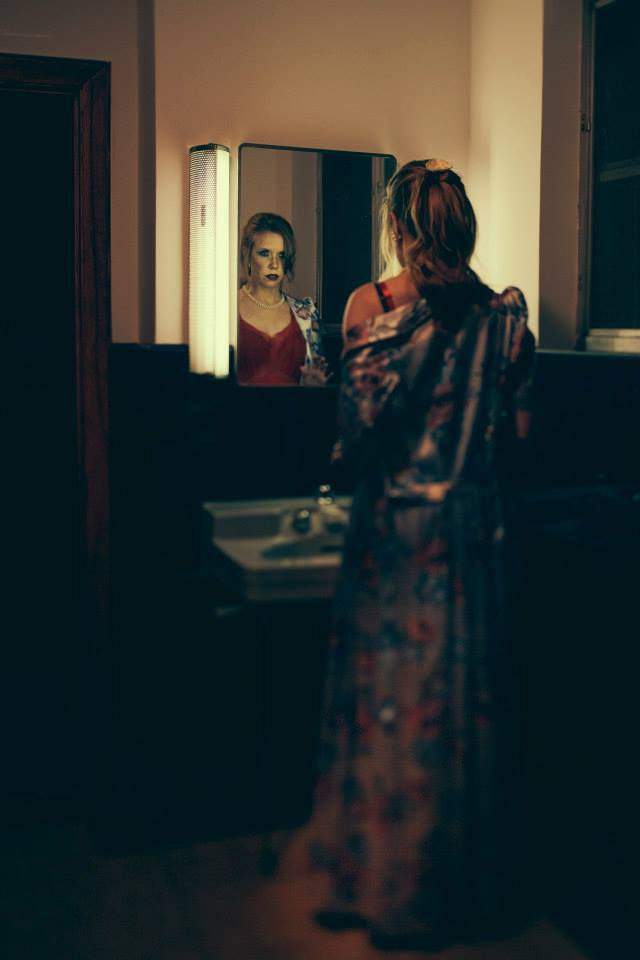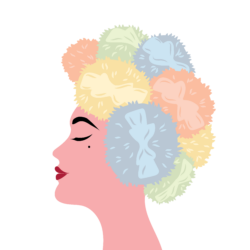We can use makeup to make-up for the ways our mind plays made up versions of ourselves. The sentence encapsulates the idea that makeup can be both a practical tool and a psychological balm. It helps reconcile the often harsh and unrealistic “made up” versions of ourselves that our minds create, allowing us to present a version of ourselves that we feel more comfortable and confident with. In essence, makeup can be a means of aligning our outer appearance with our inner aspirations and self-perceptions.

Makeup as a Tool for Self-Expression and Concealment
- Cosmetics: Makeup includes products like foundation, lipstick, and eyeshadow, which are used to enhance or alter one’s physical appearance.
- Self-Expression: Makeup allows individuals to express their personality, creativity, and style. It can be a form of art, showcasing how one feels or wants to be perceived.
- Concealment: Makeup can also hide perceived imperfections, such as blemishes or scars, thereby aligning one’s outer appearance with their desired self-image.
The Mind and Self-Perception
- Cognitive Distortions: Our minds often create distorted versions of ourselves due to insecurities, societal pressures, or mental health issues. These “made up” versions can include exaggerated flaws or unrealistic ideals.
- Self-Esteem: How we perceive ourselves greatly impacts our self-esteem. Negative self-perception can lead to low self-confidence, while a positive self-image can enhance it.


The Intersection of Makeup and Mind
- Compensation: The phrase “makeup to make-up for” suggests using cosmetics as a way to compensate for these mental distortions. If someone feels insecure about their appearance, makeup can help boost their confidence by enhancing their looks.
- Reality vs. Perception: Makeup serves as a bridge between how we see ourselves (or how we fear others see us) and how we want to be seen. It can transform the “made up” negative self-images into a more positive reality.
A Deeper Look
- Empowerment: For some, makeup is empowering. It gives them control over their appearance, allowing them to present themselves in a way that aligns with their inner identity or desired image.
- Masking: On the flip side, relying too heavily on makeup can sometimes mask deeper issues of self-worth. It’s a temporary fix for deeper emotional or psychological concerns about self-image.
- Balance: The ideal is to find a balance where makeup enhances one’s natural beauty and aligns with a healthy self-image, rather than being a crutch for low self-esteem.

Photos: Glenn Hall Photography

